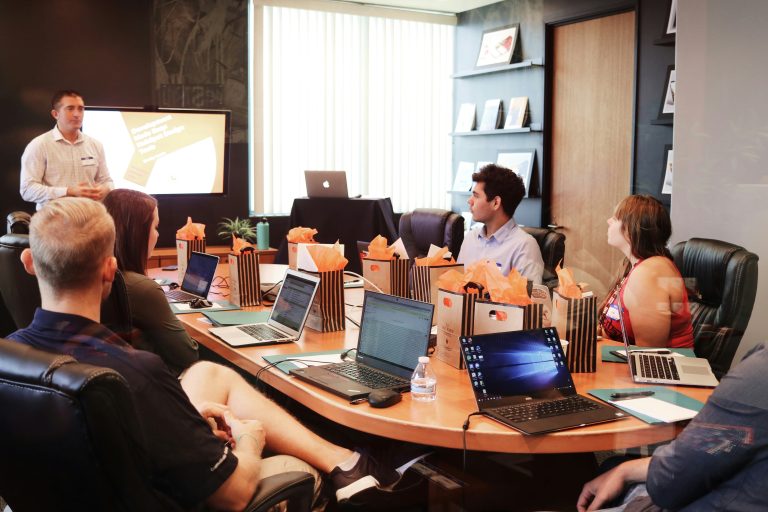Many employees struggle to put a retirement plan together as they often think that retirement is too far away. But the value of well thought out planning from early on should not be underestimated and more should be done to help employees with this. Contributor Jonathan Watts-Lay, Director – WEALTH at work.
A well-structured retirement plan can help employees understand what they need to be doing now, so that they can enjoy a comfortable standard of living once they stop work. It can also help them think about the key considerations once they reach retirement, so that they can make the most of their hard earned savings.”
Yet research by the Financial Conduct Authority (FCA) has found that planning for retirement is often a low priority. It revealed that although more than half of 25-34 year olds are putting something away, they are doing so to cover costs for expenses such as a deposit for a house or a wedding, and relatively few (16%) are saving for longer-term objectives such providing a retirement income.”
The research paints a similar picture for 35-44 year olds, with one third (33%) neglecting to consider how much they should be paying into their defined contribution (DC) pension each year to maintain a reasonable standard of living in retirement. It also found that just under half (48%) of 45-54 year olds hadn’t reviewed their DC pension in the last 12 months to see how much their pot is worth, making it difficult for many to understand what income they can expect their pension savings to produce.”
Although it may be tempting for employees to put it off for another day, the earlier they start planning, the better. Below is some top tips to help employees put a retirement plan together:
Employees should consider what they want from retirement – This includes thinking about what they would like to do in retirement, how much that might cost and when those costs might be incurred. They should be aware that their income requirements may change over time, for example, income needs are widely believed to follow a ‘u shape’ in retirement with the first ‘active’ phase being the most expensive. Spending seems to fall after a while in what is known as the ‘passive’ phase, as people become a little less active and perhaps cut back on areas such as travelling. But costs then may go up later in retirement in the ‘supported’ phase, if extra care and support is required.
Employees should collate information on ALL their assets – This should include finding out how much they can expect from their pension(s) and the value of any other savings they may have such as any ISAs or shares for example.
Employees should check to see if their savings are on track – Once they have reviewed their financial position, employees should check to see if they will be able to afford the retirement they want. Some may find that they will need to save more, or work a little bit longer than they thought. Research has found that most people live longer than they expect, so employees should keep this in mind when doing their sums. For example, a 65 year old man now has a 50% chance of living to 87 and a 65 year old woman has a 50% chance of living to 90.
Employees should get a State Pension statement – The new State Pension depends on individuals having 35 qualifying years of National Insurance contribution. In reality, many people will not be eligible for the maximum amount of the new State Pension. Therefore, it is important for employees to check their State Pension record and National Insurance contributions history early. The easiest way to do this is to go to www.yourpension.gov.uk.
Employees should work out their income options – As they approach retirement, employees will need to think about how best to use their savings to generate an income in retirement. Guidance from Pension Wise can help those with defined contribution pensions (but not final salary schemes). However many may want to consider getting financial advice. This is because a financial Adviser should look at all of their assets such as pensions, ISAs, other savings and investments and work out the most tax efficient way for them to fund their retirement income, and put a plan into place for them.
Many employers are now leading the way and providing employees with access to a breadth of services from specialist retirement companies to help them achieve financial security at-retirement. This includes the provision of financial education, guidance and advice to help drive informed decisions that result in good outcomes for employees.









